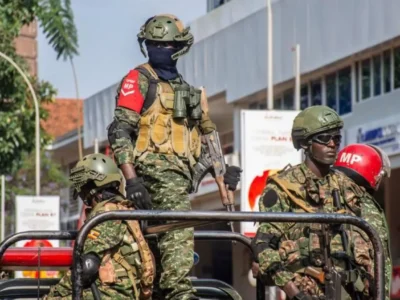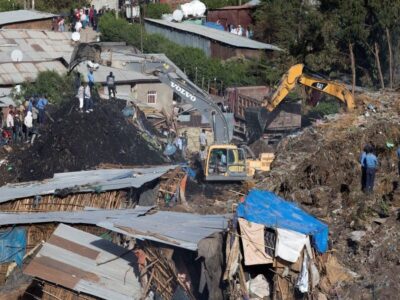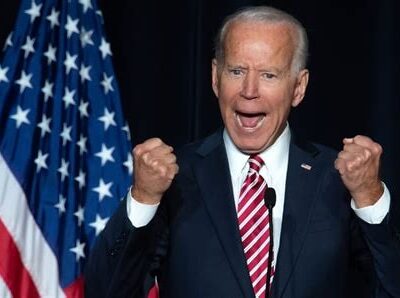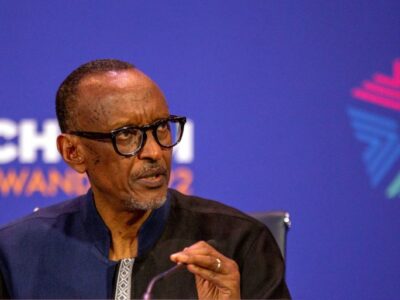South Africa’s ruling party, the African National Congress (ANC), is on course to lose its majority in parliament for the first time since it came to power 30 years ago, partial results from Wednesday’s parliamentary election suggest.
With results from more than 50 percent of voting districts counted so far, the ANC was leading with 42 percent, followed by the Democratic Alliance (DA) with 23 percent.
The BBC reports that the uMkhonto weSizwe Party (MK Party) of former President Jacob Zuma had received nearly 11 percent of the vote, while the Economic Freedom Fighters (EFF) have garnered nearly 10 percent.
Final results are expected over the weekend.
However, the online system streaming the election results crashed on Friday morning, leaving poll screens showing zero results.
South Africa’s electoral commission had apologized for the issue and said it is working to restore the service.
“The results system is still operational and local offices continue to capture results,” it added. Many voters blame the ANC for the high levels of corruption, crime, and unemployment in the country.
The respected Council for Scientific and Industrial Research (CSIR) and the News24 website have projected that the party’s final vote share will be around 42 percent, a significant drop from the 57 percent it obtained in the 2019 election.
This would force the ANC to enter a coalition with one or more other parties to form a majority in parliament.
The DA has liberal economic policies, while both the EFF and MK favor more state intervention and nationalization, so the choice of partner would greatly influence South Africa’s future direction.
It remained unclear whether President Cyril Ramaphosa would stay in power, as he could come under pressure from the ANC to resign if the party secures less than 45 percent of the final vote, said Prof. William Gumede, Chairperson of the non-profit Democracy Works Foundation.
“The ANC could turn him into a scapegoat, and a faction within the party could push for him to be replaced by his deputy, Paul Mashatile. The EFF and MK are also likely to demand his resignation before agreeing to any coalition with the ANC,” Prof. Gumede told the BBC.
South Africans do not directly vote for a president. Instead, they vote for members of parliament who then elect the president.
The initial results show that the ANC was suffering heavy losses to MK, especially in KwaZulu-Natal, where Zuma’s party has been leading with 43 percent of the vote to the ANC’s 21 percent.
The ANC also risks losing its majority in the economic heartland of Gauteng, where the party currently holds 36 percent to the DA’s 29 percent.
Wednesday’s election saw long lines of voters outside polling stations late into the night across the country.
A record 70 parties and 11 independents were running, with South Africans voting for a new parliament and nine provincial legislatures.
The DA had signed a pact with 10 of these parties, agreeing to form a coalition government if they get enough votes to dislodge the ANC from power.
However, this was highly unlikely, with the ANC expected to remain the biggest party, putting it in pole position to lead a coalition.
WARNING! All rights reserved. This material, and other digital content on this website, may not be reproduced, published, broadcast, rewritten or redistributed in whole or in part without prior express permission from ZAMBIA MONITOR.













Comments